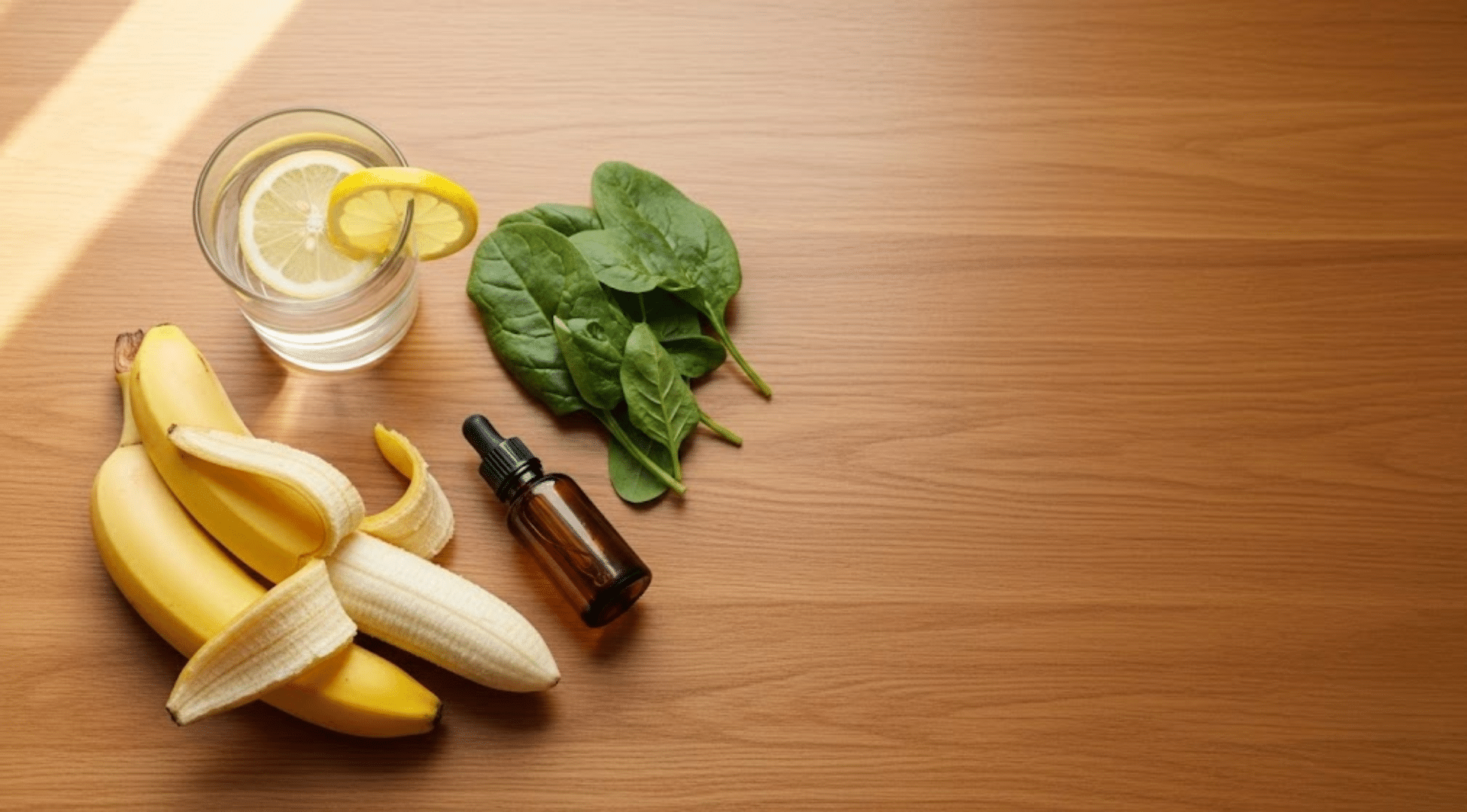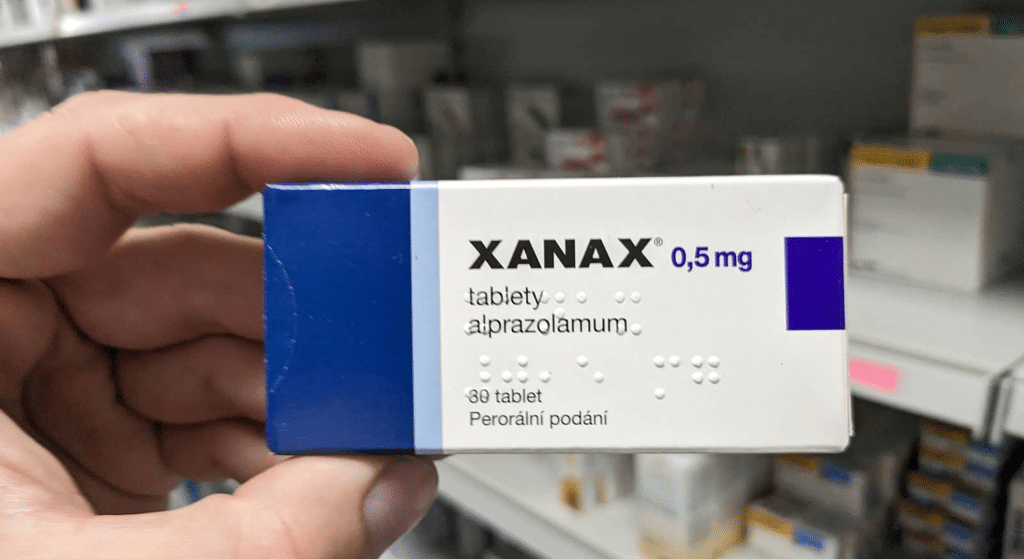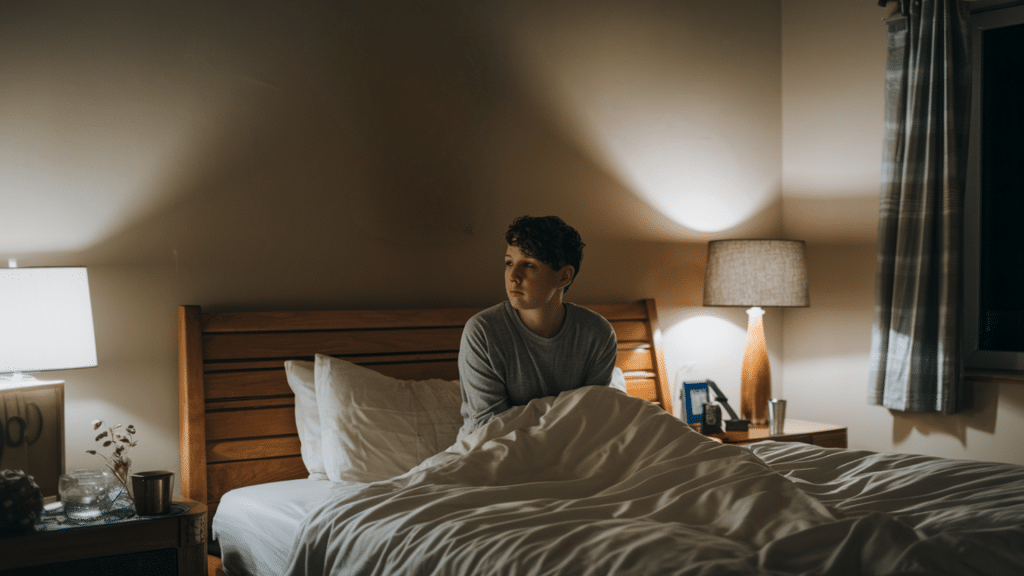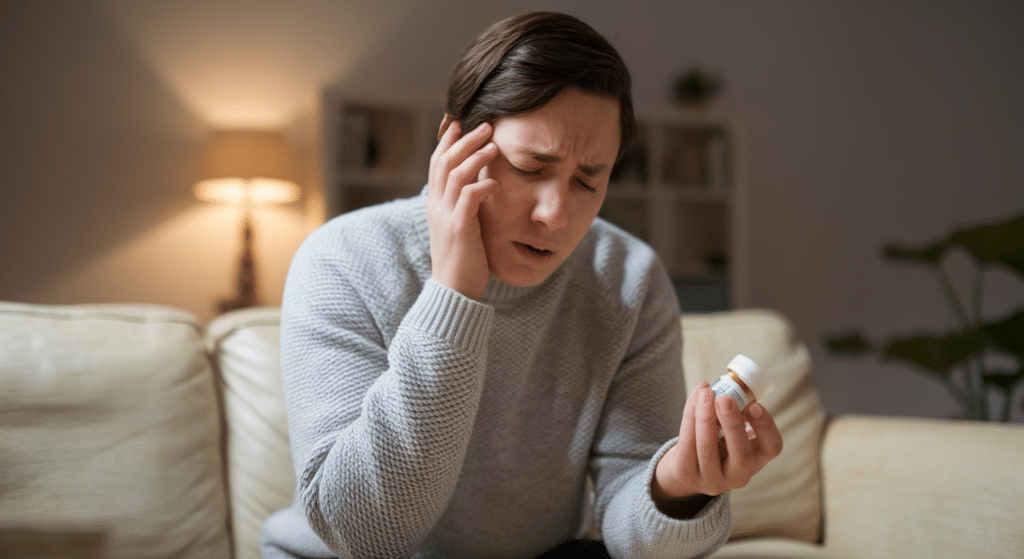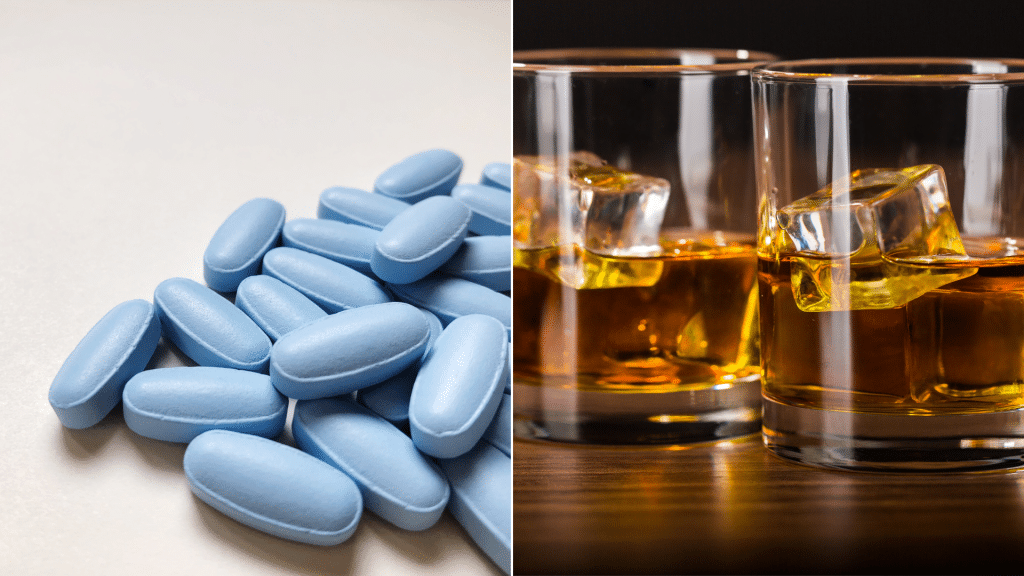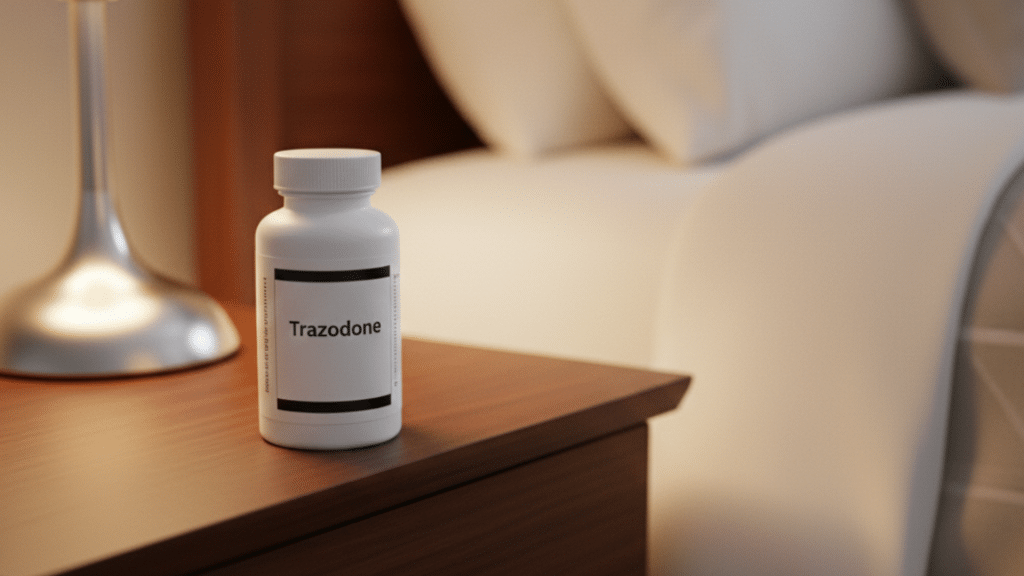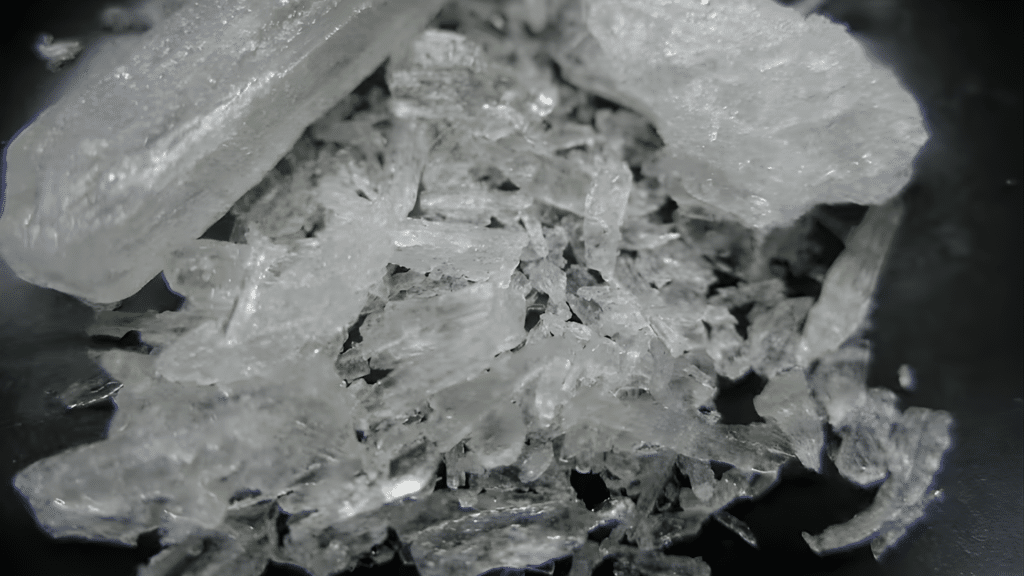Ever eaten an edible and felt off the next day? That’s called an edible hangover, and it can leave you feeling groggy or not quite yourself.
I know it can be annoying when the high is gone, but the foggy, heavy feeling is still there.
If you’re here, you probably want to know what it means and how to deal with it. I’ll explain what an edible hangover is, why it happens, and what symptoms you might notice.
You’ll also learn how long it usually lasts, ways to recover faster, and when it’s time to seek medical help.
What is an Edible Hangover?
An edible hangover is the leftover effects of THC after eating cannabis-infused food. It usually happens the next day and can make you feel groggy, slow, or mentally foggy.
Some people also notice a dry mouth, headache, or a heavy body feeling.
Edibles are not the same as smoking. When you smoke, THC goes straight into your lungs and then quickly into your blood. The high comes fast and fades in a few hours.
But when you eat cannabis, your liver processes THC into a stronger form called 11-hydroxy-THC.
This version lasts much longer in your body. That’s why edible highs can stretch for 6–12 hours, and sometimes even leave behind a “hangover” feeling the next day.
Common Symptoms of an Edible Hangover
When the effects of THC linger, the body can feel “weighed down” the next day. These leftover signs vary from person to person, but most people report a mix of physical and mental effects:
- Fatigue and grogginess: feeling unusually tired, sluggish, or heavy
- Brain fog and trouble focusing: slowed thinking, hard to pay attention, or stay sharp
- Headaches and dehydration: pressure in the head is often linked with a lack of water
- Red or dry eyes: irritation and discomfort in the eyes that look bloodshot
- Nausea or upset stomach: uneasy stomach, sometimes mild queasiness
- Anxiety or restlessness: feeling uneasy, nervous, or unable to fully relax
These signs don’t last forever, but they can affect how your day starts if you’ve taken too much the night before.
How Long Does an Edible Hangover Last?
An edible hangover usually lasts 8 to 24 hours, though the exact length depends on different factors.
The dose of THC, your body fat level, metabolism speed, and overall tolerance all play a role. A stronger dose or slower metabolism often means symptoms stick around longer.
In rare cases, the leftover effects can stretch up to 72 hours. Typically, the first 6 hours bring the strongest high, followed by another 6–12 hours where the high fades but fog and tiredness remain.
Around the 12–18 hours mark, morning-after hangover signs like dry mouth or fatigue often appear.
By 18–24 hours, most people notice improvement, though a bit of grogginess may linger. Usually, you feel normal again within a day.
How to Recover from an Edible Hangover?
When you wake up with the heavy, foggy feeling from an edible hangover, it can feel hard to start your day.
The good news is that there are simple steps that can help you feel better and recover faster. Some of these ways are:
1. Hydration

Staying hydrated is the most important step. THC often leaves you with dry mouth, headaches, and fatigue. Drinking water throughout the day helps flush your system, while adding electrolytes from coconut water or sports drinks restores minerals.
Good hydration makes you feel alert, reduces brain fog, and eases headaches. Without enough water, recovery is much slower. This step sets the base for all other ways your body heals from an edible hangover.
2. Nutrition

Eating the right foods helps your body bounce back faster. Heavy or greasy meals can upset your stomach, but light and nutritious foods bring energy and balance.
Bananas, oats, leafy greens, and fruits replace lost vitamins and minerals. Eggs and lean proteins give steady energy without making you sluggish.
Healthy meals also support the liver, which is working hard to process THC. Proper nutrition reduces fatigue and helps you feel clear-headed sooner.
3. Movement

Light activity helps fight the heavy, sluggish feeling that often comes after edibles. A short walk, stretching, or yoga improves circulation, gets more oxygen to your brain, and boosts mood.
This helps reduce brain fog and restores focus. Movement also supports digestion, which can feel slow after THC.
Even ten to fifteen minutes of gentle exercise releases endorphins that ease stress and lift energy. It’s a simple but powerful step for faster recovery.
4. Rest
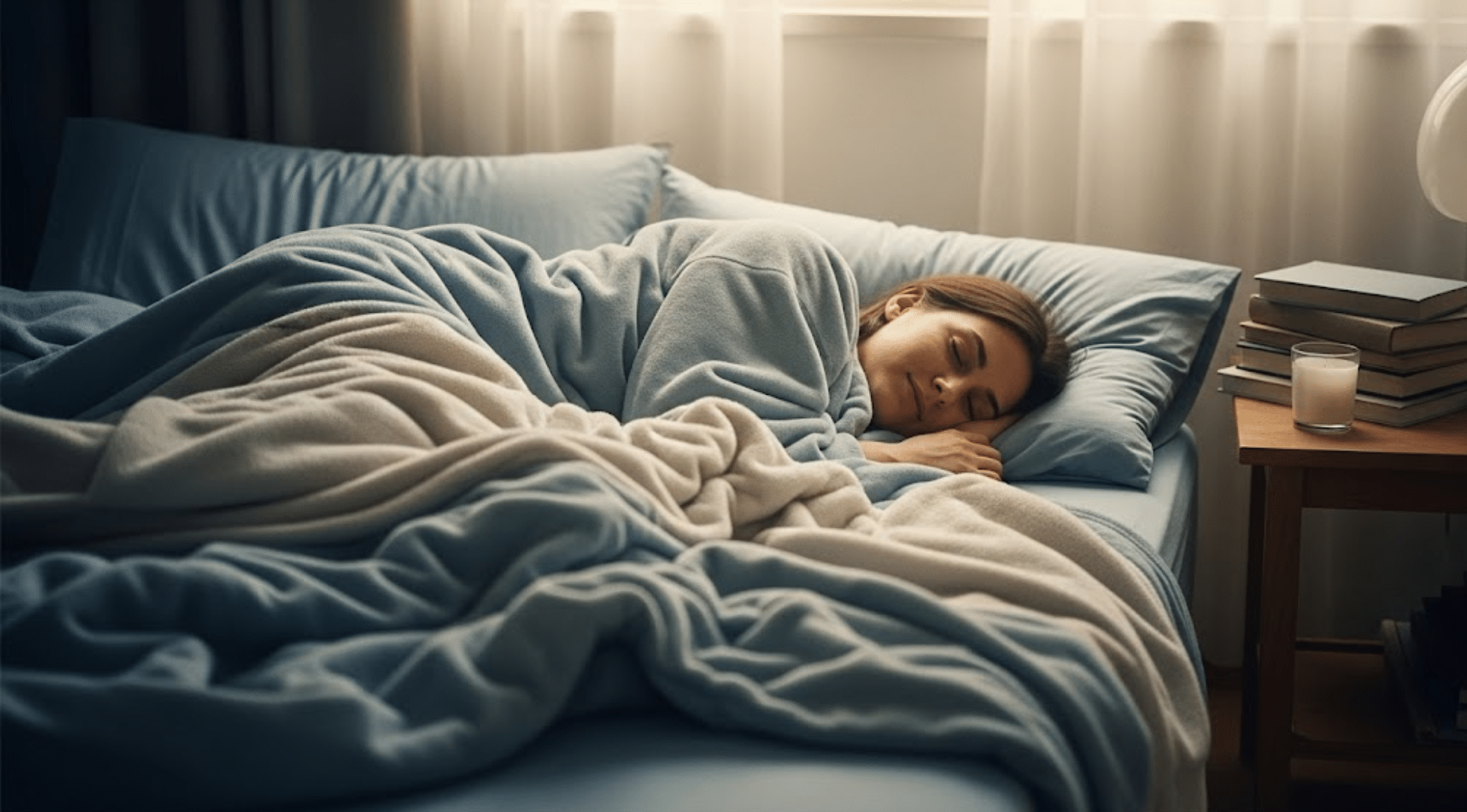
Quality rest allows your body to recover fully. THC can interfere with sleep cycles, leaving you tired the next day. Taking short naps and aiming for good sleep at night gives your body time to repair and reset.
A cool, dark, and quiet room helps you sleep more deeply, while avoiding screens before bed makes it easier to relax.
Rest clears mental fog, restores focus, and brings back natural energy, making recovery feel smoother and quicker.
5. CBD Use
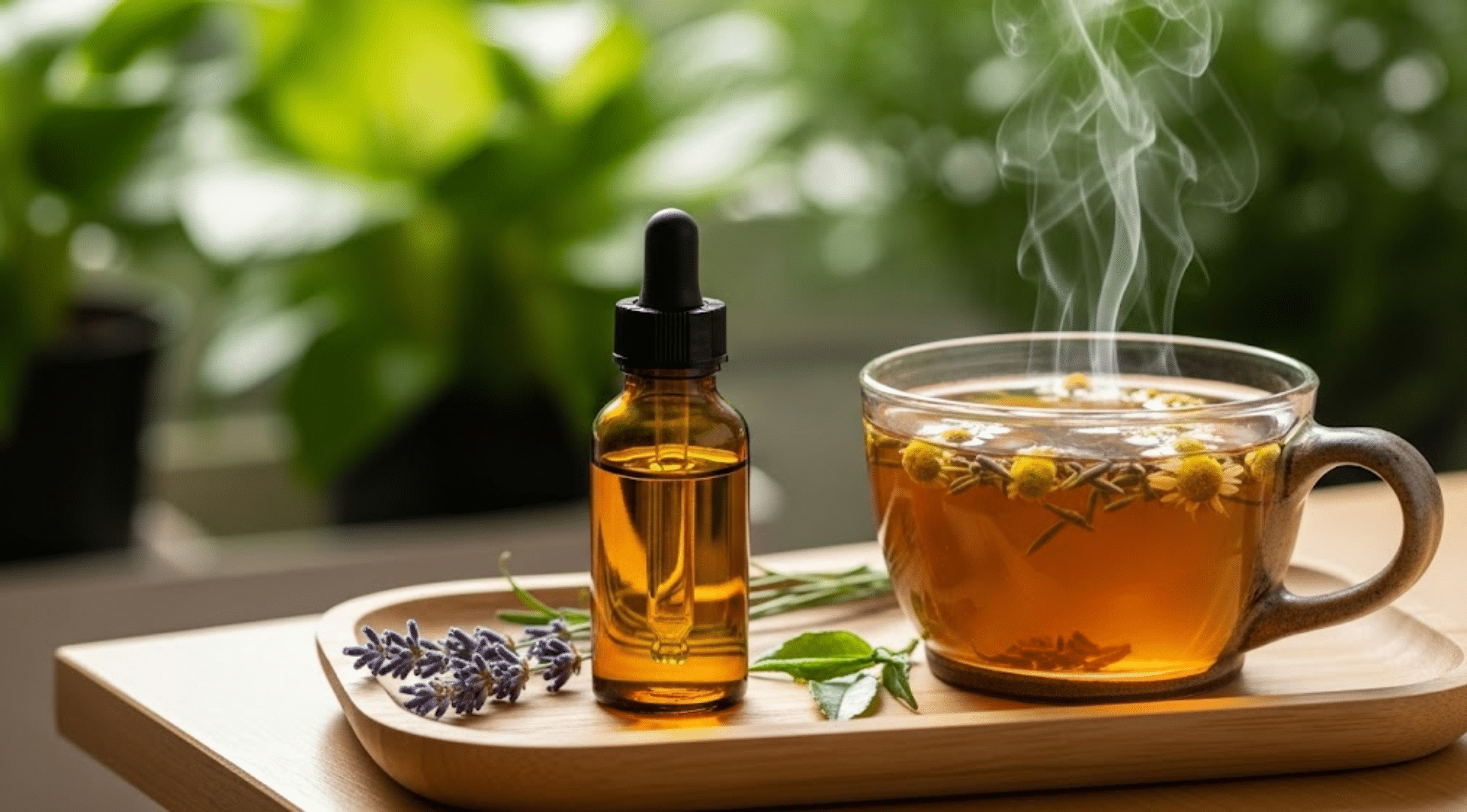
CBD may help ease some of the leftover effects of THC. Unlike THC, CBD doesn’t make you high. Instead, it calms the body and mind by working differently on brain receptors.
This can reduce anxiety, restlessness, and tension caused by too much THC. For some, CBD also promotes relaxation and steadier moods.
Adding CBD into recovery can help balance the crash and make symptoms like worry or unease fade more comfortably and quickly.
6. Mental Support

Your mind also needs care during recovery. Edible hangovers often bring stress, brain fog, or anxiety. Relaxing activities like deep breathing, meditation, or calming music can reset your nervous system.
Breathing slowly lowers your heart rate, while meditation clears racing thoughts. Music can improve mood and help you relax.
These small steps bring balance back, ease tension, and make recovery less overwhelming. Taking care of your mind is just as important as supporting your body.
Are Edible Hangovers Scientifically Recognized?
Edible hangovers are not an official medical diagnosis. You won’t find the term listed in medical references like the DSM-5 or ICD-10.
However, research and user reports show that some people do experience next-day effects, especially after higher doses of THC in edibles.
Most of the evidence comes from small studies and self-reported experiences rather than large, controlled trials.
Cannabis experts generally agree that leftover THC in the body and dehydration can explain these symptoms.
So, while edible hangovers are real in practice for many users, they are not yet formally recognized in medicine the way alcohol hangovers are.
How to Prevent an Edible Hangover
The easiest way to handle an edible hangover is to stop it before it happens. A few smart habits can lower your risk and make your experience much smoother:
- Start low, go slow with dosing – Begin with a small amount and wait a few hours before taking more. This helps you avoid overdoing it.
- Choose balanced THC:CBD edibles – Products with CBD can soften the stronger effects of THC, making the experience smoother.
- Eat before consuming – Having a meal with healthy fats (like avocado or nuts) helps your body process THC steadily, lowering the chance of harsh side effects.
- Avoid alcohol mixing – Combining alcohol with edibles often increases dehydration and makes symptoms worse the next day.
- Keep track of dose and timing – Write down what you took, how much, and when. This helps you learn your limits and plan better for next time.
By following these steps, you’ll greatly reduce the chance of waking up groggy or foggy after edibles.
When to Seek Medical Help for an Edible Hangover
Most edible hangovers go away within a day and only cause mild discomfort. But sometimes, the signs last longer or feel more severe than what’s normal.
In those cases, it’s important to know when you should reach out for medical help.
- When symptoms stretch past three days, it usually means something beyond a simple edible hangover is happening.
- Severe anxiety, paranoia, or panic can also feel overwhelming and may need professional support.
- Nausea or vomiting that doesn’t stop can keep you from eating or drinking, which leads to weakness and more problems.
- Dehydration that doesn’t improve after water or electrolytes is another warning sign. If you notice any of these, it’s best to seek medical care to recover safely.
Conclusion
The main takeaway is that an edible hangover is real, and knowing how it works makes it easier to handle.
You’ve learned what causes it, the common symptoms, how long it lasts, and ways to recover and even prevent it.
Think about the tips I shared here and try them the next time you use edibles, so you wake up feeling better. Remember, staying hydrated and mindful of your dose goes a long way.
If you found this helpful, check out more blogs on the website for simple guides that make cannabis easier to understand!

